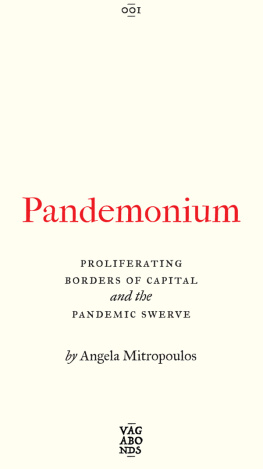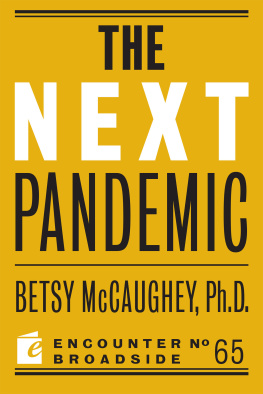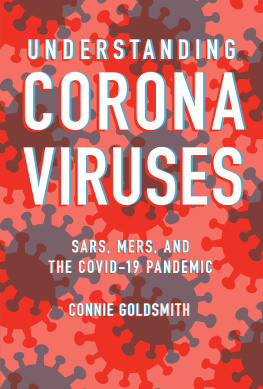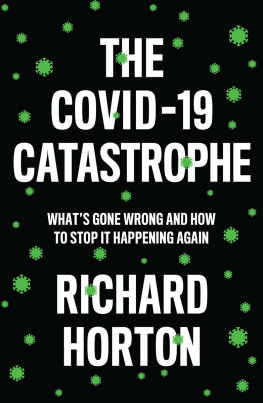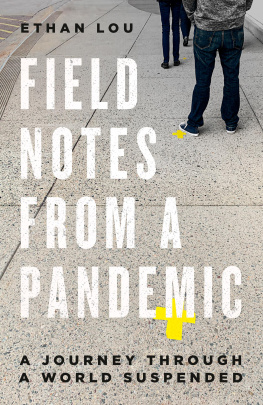Contents
Guide
Pandemonium
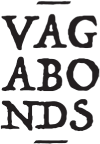
Series editor: Max Haiven
Also available
The Hologram: Feminist, Peer-to-Peer
Health for a Post-Pandemic Future
Cassie Thornton
Pandemonium
Proliferating Borders of Capital
and the Pandemic Swerve
Angela Mitropoulos

First published 2020 by Pluto Press
345 Archway Road, London N6 5AA
www.plutobooks.com
Copyright Angela Mitropoulos 2020
The right of Angela Mitropoulos to be identified as the author of this work has been asserted in accordance with the Copyright, Designs and Patents Act 1988.
British Library Cataloguing in Publication Data
A catalogue record for this book is available from the British Library
ISBN 978 0 7453 4330 3 Paperback
ISBN 978 0 7453 4331 0 PDF eBook
ISBN 978 0 7453 4322 8 Kindle eBook
ISBN 978 0 7453 4321 1 EPUB eBook
This book is printed on paper suitable for recycling and made from fully managed and sustained forest sources. Logging, pulping and manufacturing processes are expected to conform to the environmental standards of the country of origin.
Typeset by Stanford DTP Services, Northampton, England
Simultaneously printed in the United Kingdom and United States of America

Contents

Acknowledgments
Many thanks go to Max Haiven and all those at VAGABONDS and Pluto Press who worked through difficult times, to Matt Kiem, S.L. Lim, Thomas Lynch, Wenny Theresia, Liz Thompson, Sanmati Verma, Liz Crash, New Inquiry, Out of the Woods, New Socialist, Transversal and, not least, the reviewers who patiently read through early versions. Caveats concerning blame for any shortcomings apply. May the churn build a new world.

Introduction
How we make sense of the pandemic is based on assumptions about the origins of the virus, the causes of disease and death with which it is associated, and contested views regarding what it exposed or revealed or is known. Understandings of disorder, like perceptions of chaos, or definitions of crisis and threat, depend a great deal on perspective and assumptions of what an orderly world might otherwise be. John Milton coined Pandmonium for his epic, mid-seventeenth-century poem Paradise Lost. It means all demonsfrom the Greek pan for all. His use marked a shift from the meaning of daemon as ministering oracle to that of fallen angel or malign supernatural being. In Paradise Lost, Pandmonium is the name of the capital city of Hellan infernal gathering on the shore of the Lake of Fire, where disobedient angels deliberate on whether there is hope of regaining heaven or whether to believe in ancient prophecies of a new creation. Here, pandemonium instead describes the emergence of an order from treatments of chaosand it does so without the nostalgic assumption that what went before the pandemic was a paradise undone by disobedience and sin. How and whether the pandemic presents a turning-point or swerve, and toward what, is the question to which this book is addressed.
In terms of scale, the microbial event of a new virus will arguably come to represent the largest intensive swerve of the first quarter of the twenty-first century. By the end of April 2020, New York City hospital mortuaries, crematories, and city-run morgues had run out of space. Some were resorting to refrigerated trailers. More than 17,000 people had died from the diseasealmost five times more than died in the Twin Towers on September 11, 2001.
A swerve, or clinamen, was how the ancient Roman poet Lucretius described the cascading effects from one molecular movement in his epic poem On the Nature of Thingsand in his deliberations on the plague that accompanied the fall of Athenian empire. There, he offers a theory of natural causes at odds with the major traditions in so-called Western philosophy which holds that it is within the nature of things to realize a destiny that was present at their origins and according to their rank. Lucretian philosophy points elsewhere. It refutes the subordination of lives to the assumptions of an idealized Way of Life and, by setting aside the sorting between unruly matter and eternal forms on which that idealization depends, the unaccountable, transcendent fatalism implicit in the terminology of the natural disaster. But if the precise, contingent base point from which a swerve happens cannot be known in advance the molecular change in the protein spike that sets SARS-CoV-2 apart from other coronaviruses and which, among the numerous mutations for which viruses have a remarkable capacity, managed to survive repeated encounters with human immune systemsboth responses to the pandemic and the conditions of human health have been centuries in the making.
Some of those responses have drawn on understandings of health and disease that are models of social order recast as an eternal nature, rendering those responses ineffective in stemming the transmission of disease. Despite drawing on the analogy of contagion to redescribe crises, much the same is true of the risk analyst Nassim Talebs black swan, in which the question becomes how to convert an unforeseeable event and spreading crisis into an opportunity for financial gain. The black swan is simply the name for a programmable response to uncertainty that treats nonlinear effects as if they were a universal repeating pattern found in nature. These approaches redefine what an effective response to a pandemic means. Bluntly, while some responses have been turned toward saving lives, others have sought to enhance and preserve the very system that has conditioned the patterning of illness and deaths. As with the biosecurity and disaster apparatus elaborated after 9/11, definitions of threat and security, however implicit, can convene and justify actions that multiply death and suffering along certain lines.
The title of this book is also a gesture to Michel Foucaults The Order of Thingsthe English title of the work in which he presents his theory of how the production of knowledge is always a matter of power relations. It points, moreover, to debates and assumptions concerning neoliberalism. Against the conventional view of neoliberalism, not only did borders proliferate, but they did so largely without challenging the assumption that they are a means of protection against the ravages of capitalist exploitation rather than the arbitrage which makes exploitation possible. This facilitated the turn between neoliberal government and the resurgence of the far Right.
This is not to suggest that the approach taken here follows Foucaultexcept in foregrounding these debates and the epistemological question of how we know what we know, or think we know. More so, it is to point out that

